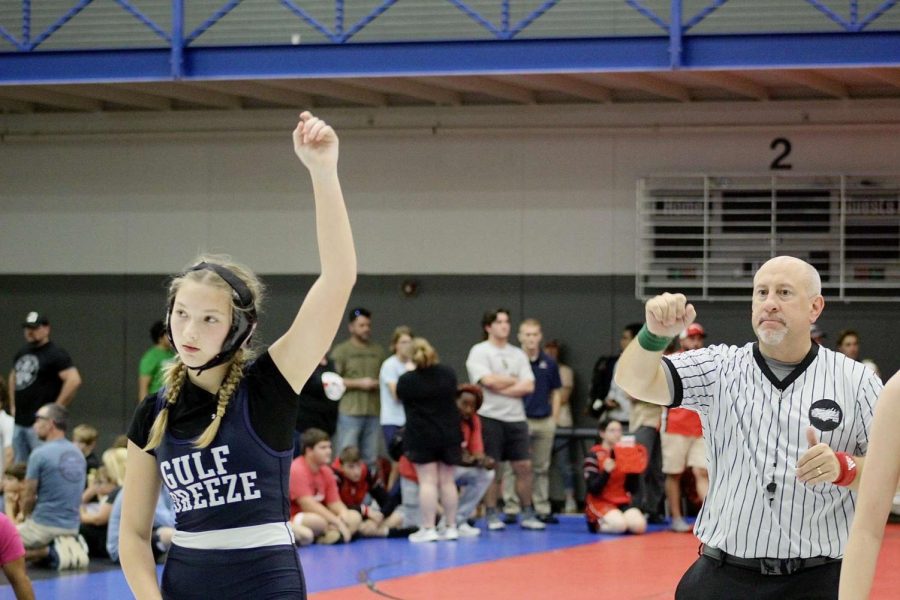In the past few weeks, AI pornography has been on the rise, using real-life people,
not just celebrities. Taylor Swift made headlines when groups of people on X, formerly
known as Twitter, AI-generated pornographic and inappropriate images of her and posted
them on the website. Rep. María Elvira Salazar, alongside Reps. Madeleine Dean,
Nathaniel Moran, Joe Morelle, and Rob Wittman, introduced the No AI Fraud bill to
Congress in hopes in “establish a federal framework to protect Americans’ individual right
to their likeness and voice against AI-generated fakes and forgeries,” according to
Salazar’s press.
While I support Taylor and hate to see things like this happen, it’s important to
remember that she, along with other celebrities such as Selena Gomez and Ariana Grande,
have the privilege and power to bring these things into the light, while day to day people
don’t. Several schools are starting to have issues with boys creating images of female
classmates and sharing them. Mia Janin, who was only 14 years old, killed herself due to
the severe bullying and fake images of her that were circulated through the boy students’
group chat.
Pornography is degrading to women, and some forms include abusive and
borderline pedophilic content. For the people who regularly consume pornographic
images and videos, it often leads to aggressive and inappropriate behavior towards the
opposite sex, or whomever they are attracted to. When we add AI’s ability to create any
possible situation, including illegal activities, it could lead to those people getting
comfortable enough with that content to try to bring it into real life. If AI generators or
chatbots have no filter, that means abusive, underage and graphic content isn’t off limits.
Having everyday people being the target of AI-generated deepfakes is detrimental to
the mental health of teenagers, who may worry if they will be next. Underage celebrities (or
their children) already have countdowns to the day they turn 18. Since AI can generate
anything, pedophiles will, unfortunately, have an easier time finding their disgusting and
illegal content. These same people will become desensitized to the material and slowly
start to find nothing wrong with what they are looking at, possibly encouraging a real-life
assault to happen.
When AI generators, such as ChatGPT, became popular, restrictions and filters for
all other similar generators should have been there to begin with. I’m glad there’s a high
possibility that all these things will be fixed, I just wish it was prevented before people got
involved and made decisions that last forever. I also wish that people who have used
technology to target and hurt individuals and their families could wake up to reality and see
how their actions will affect others. We all have access to 18+ consensual content, and if
the desire to see it is that strong, they have the material to look at, despite the moral
questions surrounding it.
If you or anyone you know is a victim of revenge pornography or deepfake imagery,
you can reach out to the Cyber Civil Rights Initiative’s crisis hotline, 844-878-2274, or tell
your local police department. If you or anyone you know suffers from a pornography
addiction, you can get help at the number 1-800-662-4357, or visit their website,
www.samhsa.gov. If you are having suicidal thoughts, call or text 988.
















